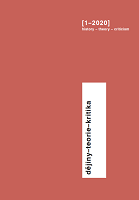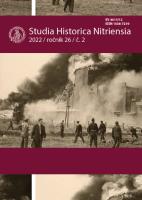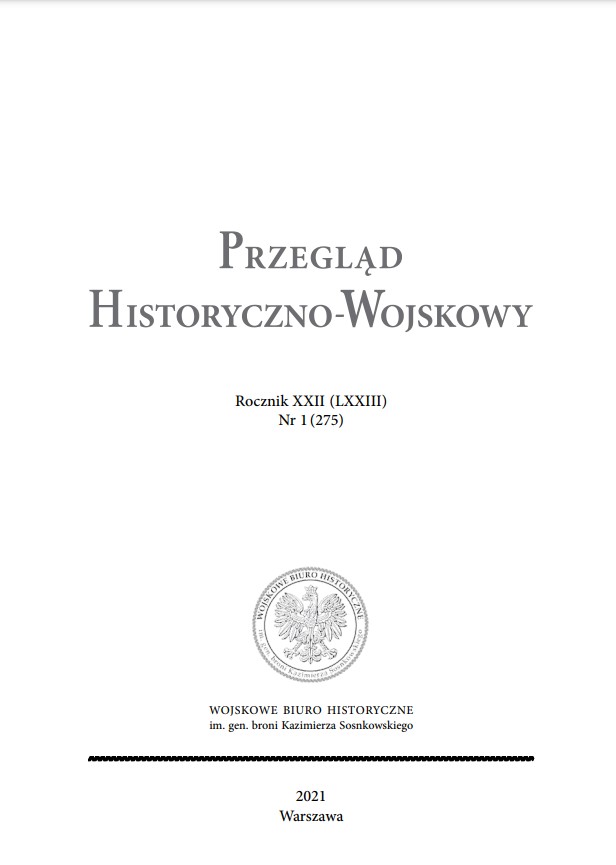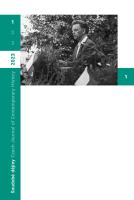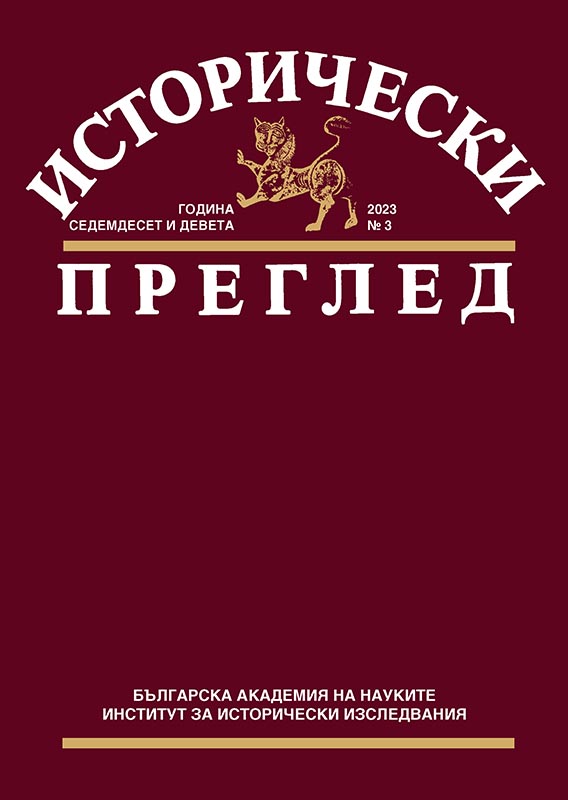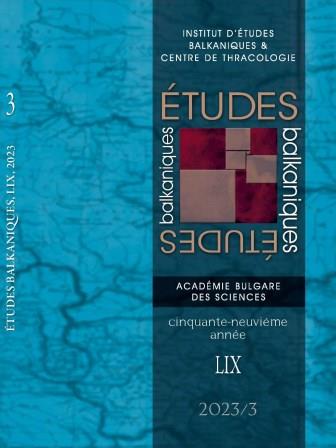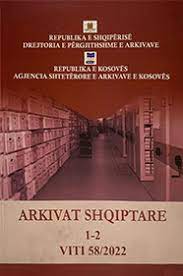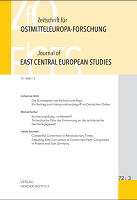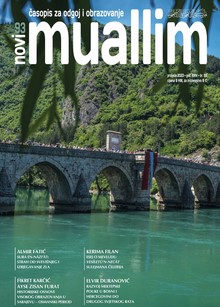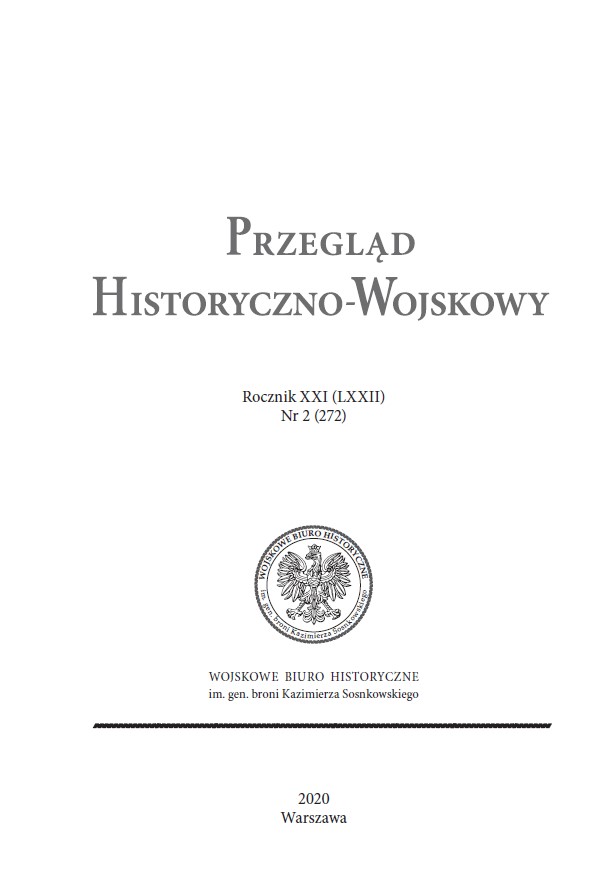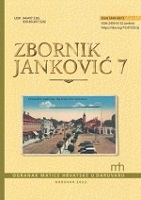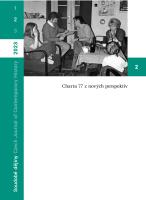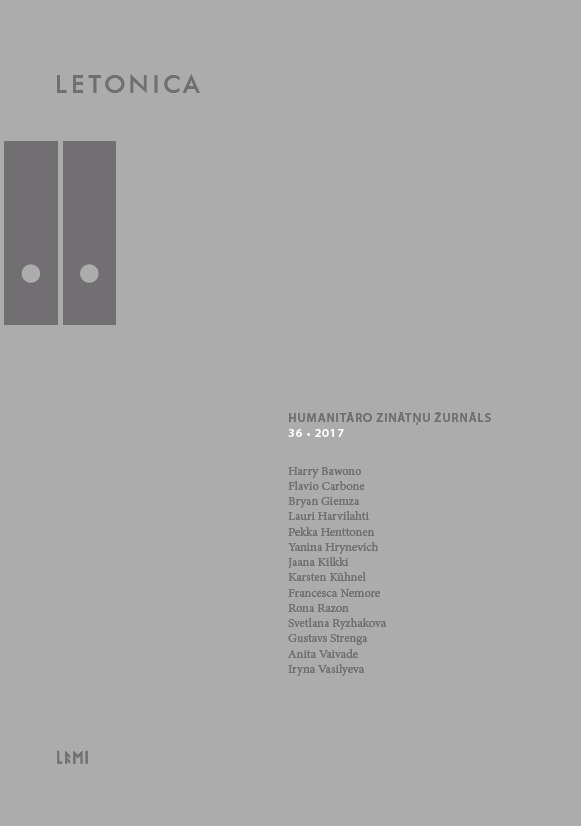
Among the Working Papers of a Paleographer: the Discovery of a Territory and its Culture
Not long ago, the authors of this paper came across a box containing a portion of the archive of Vincenzo Federici. This discovery gave rise to a research project that involved the location, analysis, and archival arrangement of the remaining part of the archive, and the study of sources found in other archives to reconstruct the many aspects of the activity of a multifaceted academic character. The Federici Papers are also interesting because on one hand they provide a unique vision of his connection with both prominent local figures and simple folk who could help the researcher in his quest. On the other hand, they offer a very interesting representation of a large part of the Italian central and southern regions, from the years before the Second World War to the later processes of rural migration and urban concreting in the sixties. What is really interesting is the opportunity to look, through Federici, at the cultural life of rural areas in the center and south of Italy before and after the Second World War.
More...
